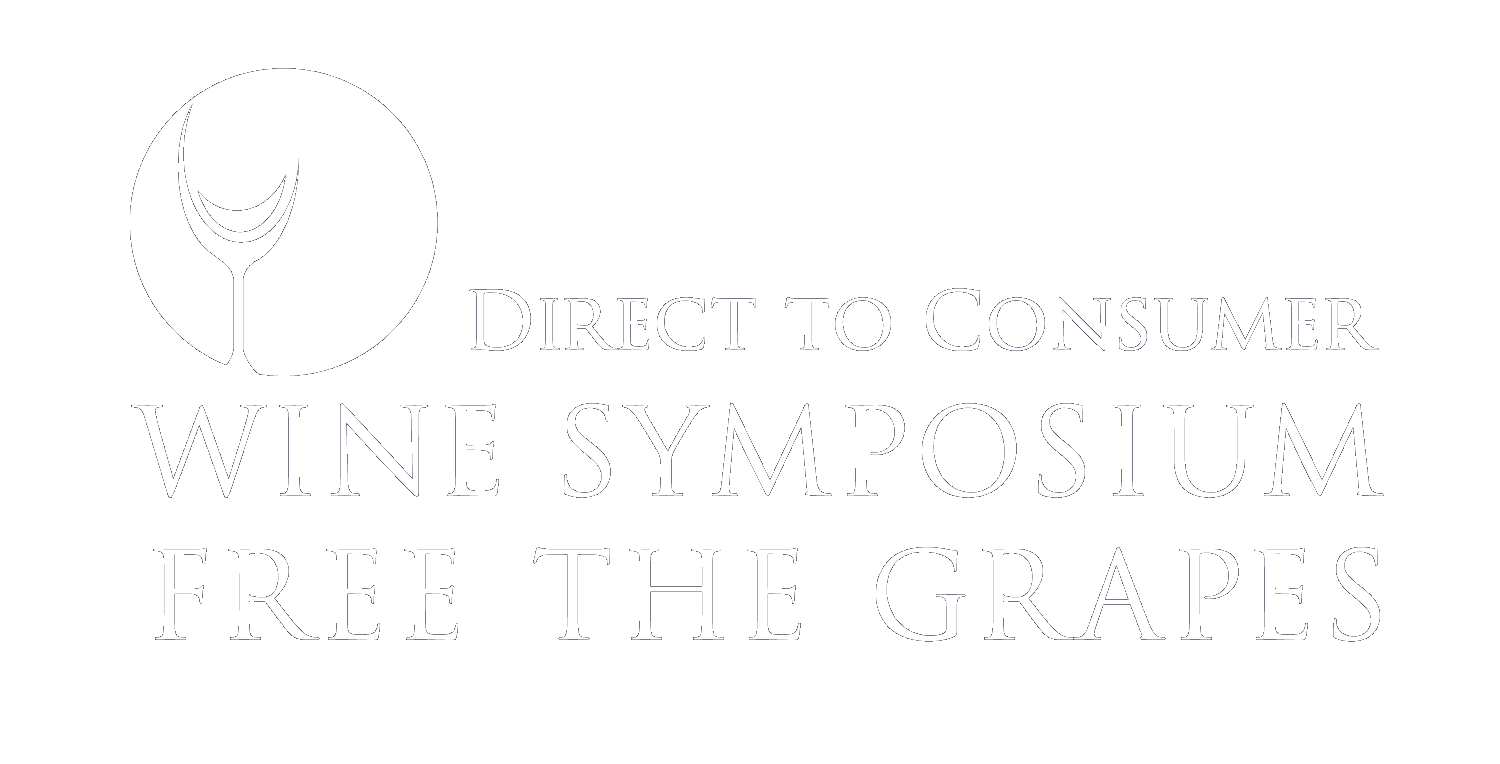C. James Lovaas, MBA, AFFi, FCA | DTC Operations Manager, Wente Family Estates
What makes some business leaders believe they know their customers better than the customers know themselves? How does executive confidence transform from strategic asset into corporate liability so quickly? The business world is littered with cautionary tales of companies that chose ideology over insight, but few examples illustrate this phenomenon as starkly as JCPenney's near-death experience under Ron Johnson and Carnival Cruise Line's recent loyalty program overhaul that seems designed to alienate their most devoted customers.
Ron Johnson's tenure at JCPenney stands as perhaps the most spectacular example of executive hubris trumping customer understanding. Armed with his Apple Store success and unwavering belief in "fair and square" pricing, Johnson systematically dismantled everything JCPenney customers actually valued – sales events, coupons, and the thrill of hunting for deals. His customers weren't sophisticated Apple buyers seeking sleek retail experiences; they were bargain hunters who found genuine joy in scoring discounts and using coupons. Johnson's fundamental misreading of his customer base wasn't just a pricing strategy error – it was a complete failure to understand the emotional relationship between JCPenney and its shoppers. Within seventeen months, the company's revenue plummeted by 25%, and Johnson was shown the door, but not before nearly destroying a century-old retail institution.
The pattern repeats itself in more recent corporate decisions, like Carnival Cruise Line's controversial shift from a nights-based loyalty system to a spending-based points program launching in 2026. For decades, Carnival's most loyal customers earned status through frequency – the more cruises they took, the better their perks. This system rewarded the cruise line's bread-and-butter customers: retirees, working families, and cruise enthusiasts who chose Carnival specifically because they could earn meaningful recognition without breaking the bank. The new spending-based system fundamentally alters this relationship, essentially telling longtime customers that their loyalty matters less than their wallet size. While Carnival likely sees this as aligning with industry trends and maximizing revenue per customer, they risk alienating the very demographic that made them the world's largest cruise company.
Both cases reveal the same dangerous executive blind spot: the assumption that what works for premium brands or industry leaders will automatically work for their unique customer base. Johnson tried to Apple-fy JCPenney without recognizing that JCPenney customers weren't seeking minimalist retail experiences – they wanted maximum value and the satisfaction of smart shopping. Similarly, Carnival appears to be chasing the high-spending cruise market without fully considering whether their core customers will follow them upmarket or simply find another cruise line that still values frequency over spending power.
As businesses around the country adapt to changing environments, it is critical that we understand our customer base. Each business, restaurant, winery, or organization has a different “tribe.” If we don’t understand our tribe - we risk isolating those that are most supportive of who we are and our very mission. The deeper lesson here extends beyond retail pricing or loyalty programs – it's about the fundamental relationship between businesses and their customers. Companies succeed not by imposing their vision of what customers should want, but by deeply understanding what customers actually value and finding profitable ways to deliver it. When executives start believing their strategic insights matter more than customer feedback, they're not just risking quarterly earnings – they're gambling with decades of carefully built relationships and brand equity. The most successful companies maintain that delicate balance between innovation and customer understanding, pushing boundaries while never forgetting who brought them to the dance in the first place.


